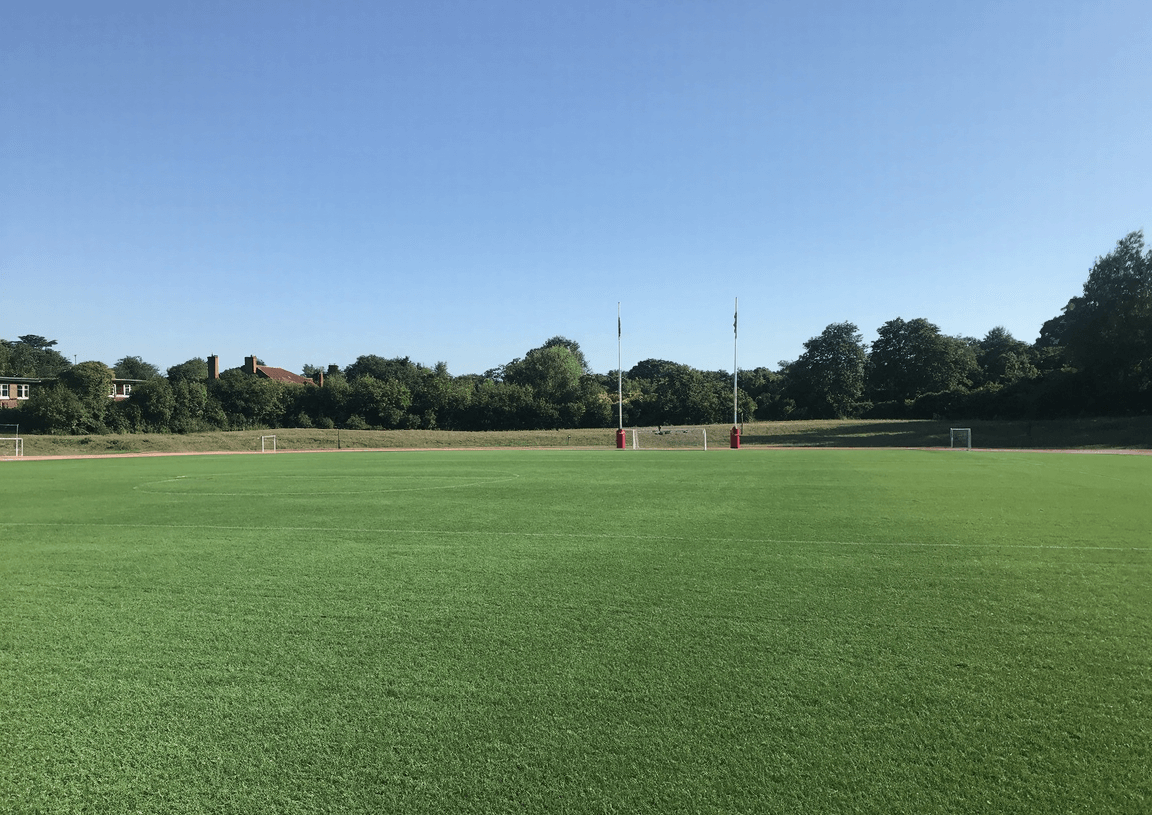The Purpose of a Sports Club: Fostering Community, Skill, and Health

Sports clubs have been integral to communities around the world, serving various purposes that extend beyond just athletic activities. They play a pivotal role in personal development, social interaction, and community cohesion. This article will explore the multifaceted purposes of sports clubs, highlighting their significance in the modern world.
1. Promoting Physical Health and Fitness
1.1 Encouraging Active Lifestyles
One of the primary purposes of a sports club is to promote physical activity and fitness among its members. Regular participation in sports helps individuals improve their cardiovascular health, build strength, and maintain a healthy weight. By providing structured training and competitive opportunities, sports clubs motivate members to adopt and sustain an active lifestyle.
1.2 Health Awareness and Education
Sports clubs often play a role in educating their members about health and well-being. Many clubs organize workshops or lectures on topics like nutrition, injury prevention, and mental health, equipping members with essential knowledge for their physical and mental wellness.
2. Building Community Connections
2.1 Fostering Social Interaction
Engagement in sports clubs provides individuals with a platform to meet new people and build friendships. Whether through team practices, social events, or competitions, members have the chance to connect with others who share similar interests, thus fostering a sense of belonging and community.
2.2 Strengthening Local Culture
Sports clubs often reflect and enhance local culture by celebrating local traditions, values, and history. They become hubs for community identity, where members can take pride in their local teams and achievements, strengthening bonds among residents.
3. Developing Skills and Leadership Qualities
3.1 Athletic Skill Development
Sports clubs offer structured training programs that help athletes improve their skills. Coaches provide expert guidance, allowing participants to develop technical abilities and strategic understanding in their respective sports. This not only enhances performance but also fosters discipline and perseverance in members.
3.2 Leadership and Teamwork
Participating in sports clubs cultivates essential life skills such as leadership and teamwork. Members learn to collaborate effectively with others, understand roles within a team, and develop communication skills. These experiences are invaluable and often translate into success in personal and professional spheres.
4. Promoting Inclusivity and Diversity
4.1 Engaging Diverse Populations
Sports clubs are often open to individuals of various ages, abilities, and backgrounds. This diversity creates a rich environment where everyone can participate and contribute. Many clubs take intentional steps to create inclusive spaces, ensuring they welcome people from different societal segments, including those with disabilities or underrepresented backgrounds.
4.2 Bridging Social Gaps
By promoting inclusivity, sports clubs can help bridge social gaps, fostering understanding and camaraderie among diverse groups. This often leads to the development of new friendships and the breaking down of barriers, contributing to social harmony.
5. Encouraging Competition and Personal Growth
5.1 Healthy Competition
Sports clubs facilitate competitive opportunities which can motivate members to push their limits. Engaging in healthy competition can build resilience and self-esteem, teaching participants to cope with successes and setbacks alike.
5.2 Personal Development
Through participation in competitive sports, members often undergo significant personal growth. They learn important life lessons about commitment, time management, and dealing with adversity, which empower them in all areas of life.
6. Cultivating a Passion for Sports
6.1 Nurturing Future Athletes
Sports clubs play a crucial role in identifying and nurturing talent. They provide a pathway for young athletes to improve their skills and, for some, pursue professional athletic careers. Clubs act as breeding grounds for future sports stars by offering training and exposure to competitive environments.
6.2 Lifelong Enjoyment of Sports
Beyond developing elite athletes, sports clubs instill a lifelong appreciation for physical activity and sports. Members often engage in recreational play long after their competitive days are over, maintaining a passion for fitness that lasts a lifetime.
The purpose of a sports club extends far beyond the pursuit of athletic excellence. These organizations serve as vital community hubs that promote physical health, create social connections, foster skill development, and embrace inclusivity. In a world where many face isolation and sedentary lifestyles, sports clubs provide a crucial counterbalance. They motivate individuals to engage both physically and socially, ensuring the holistic development of their members. Ultimately, sports clubs not only nurture athletes but sow the seeds for vibrant, healthy communities.

